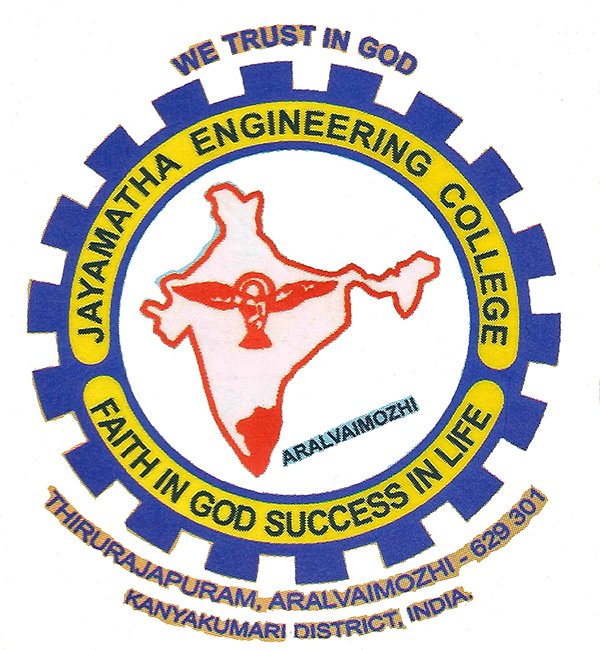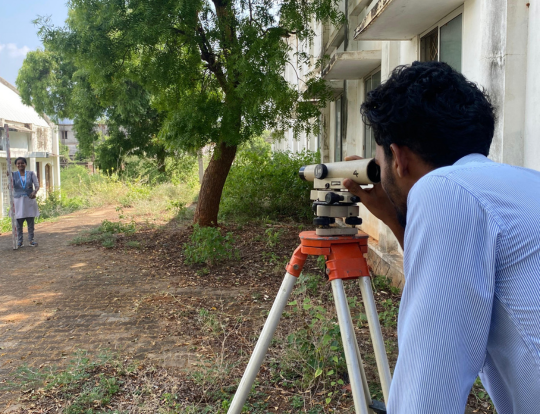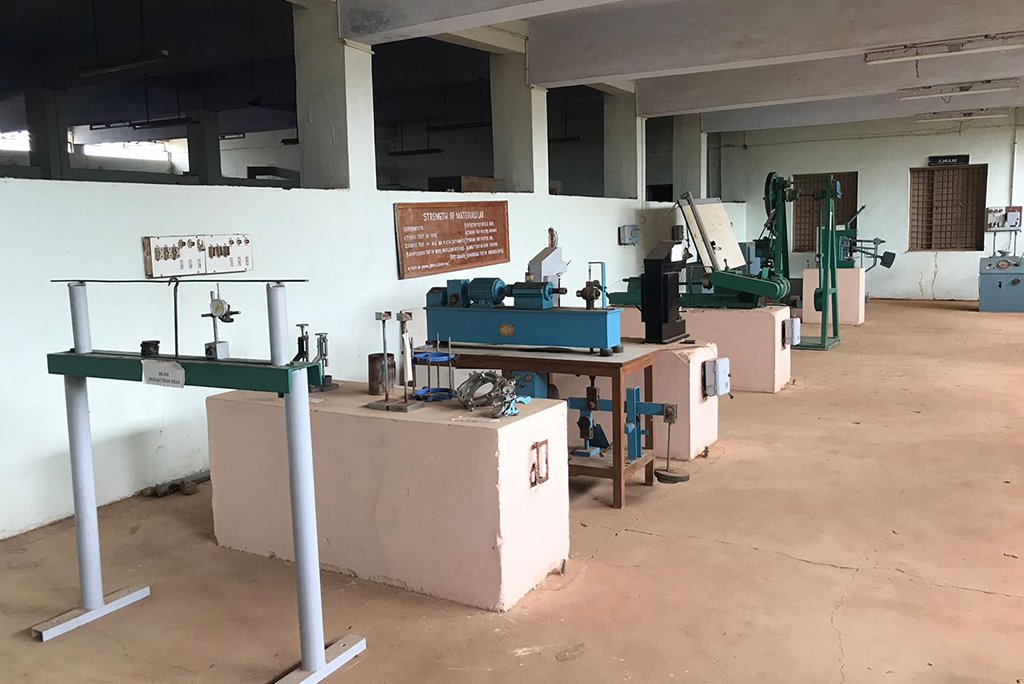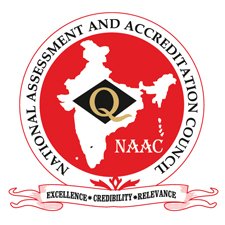The Department of Civil Engineering was established in 2002 with the mission to support societal progress through a robust foundation of conceptual knowledge and advanced technological skills in construction and water resource management. The department strives to stay aligned with the latest technological advancements in these fields and is continuously evolving to address natural priority areas and changes in the construction industry.
Civil Engineering, one of the oldest and fastest-growing engineering disciplines, offers a comprehensive curriculum designed to equip students with the skills required to meet the demands of the construction industry and infrastructure development. The curriculum includes key subjects such as:
- Structural Analysis
- Structural Design
- Strength of Materials
- Fluid Mechanics
- Environmental Engineering
- Irrigation Engineering
- Estimation and Costing
- Surveying
- Geo-Informatics
- Transportation Engineering
- Geo-Technical
- Construction Techniques and Practices
- Water Resources
- Ocean Engineering
Emphasis is placed on laboratory sessions to help students gain practical experience with modern equipment and technologies. Students are also trained in various civil engineering software such as STAAD, BIM, Geo Studio 24 and CAD Correction, essential for modeling and analysis in civil engineering projects.
The primary objective of the Civil Engineering Department is to impart knowledge on the latest technologies in civil engineering, enabling students to cater to the growing demands of the construction industry, builders, and contractors at both national and international levels. The department aims to produce well-rounded professionals ready to address the engineering challenges of today and the future.
The department provides advanced laboratories equipped with state-of-the-art technology, enabling students to gain hands-on experience in civil engineering concepts:
-
Material Testing Lab
-
UTM (Universal Testing Machine)with a capacity of 1000KN
- Spring Testing Machine
-
Compression Testing Machine(2000KN capacity)
-
Hydraulic Engineering Lab
- Turbines, pumps, and flow measuring devices
-
Environmental Engineering Lab
- Facilities for conducting physical and chemical analysis of water and industrial effluents
- COD (Chemical Oxygen Demand), BOD (Biochemical Oxygen Demand)incubators, and more
-
Surveying & Levelling
- GPS (Global Positioning System)
- Theodolite
- Total Station
- Dumpy Level
-
Concrete and Highway Engineering Lab
- Aggregate testing machines like Los Angeles Abrasion Machine, Aggregate Impact Tester
- Bitumen Testing Apparatus
-
Soil Mechanics Lab
- Triaxial Testing Apparatus
- CBR Testing Machine
- Proctor Compaction Apparatus
- Vee Bee Consistometer
- Le Chatelier Apparatus
The Department of Civil Engineering regularly organizes various activities aimed at enhancing student skills and keeping them updated with the latest developments in the field:
Student Technical Meets: These events provide students with the opportunity to enhance their organizational skills, teamwork, and technical knowledge through group projects and competitions.
Seminars, Workshops, and Technical Lectures: These are conducted under the auspices of the Civil Engineering Department, bringing in experts to discuss the latest trends and innovations in civil engineering.
Graduates from the Civil Engineering Department have a wealth of career opportunities in both the private and public sectors. Some potential career paths include:
1. Construction Engineer: Responsible for overseeing construction projects, including infrastructure development, residential buildings, and commercial complexes.
2. Structural Engineer: Involved in the design and analysis of structures, ensuring they are safe, durable, and sustainable.
3. Water Resource Engineer: Specializes in designing and managing water supply systems, irrigation projects, and flood control systems.
4. Environmental Engineer: Works on projects related to environmental protection, waste management, and sustainable development.
5. Surveyor: Responsible for mapping land, measuring properties, and assisting with construction planning and design.
6. Project Manager: Leads large-scale engineering projects, ensuring they are completed on time and within budget.
7. Consultant: Provides expert advice on civil engineering projects, including feasibility studies, cost estimation, and design analysis.
With the rapid growth of the Indian economy and increased infrastructure development, civil engineers are in high demand. Opportunities also exist for civil engineers abroad, particularly in countries focusing on large-scale infrastructure projects. Civil engineers from JEC are well-prepared to take on these diverse roles, ensuring a successful career in the field.











